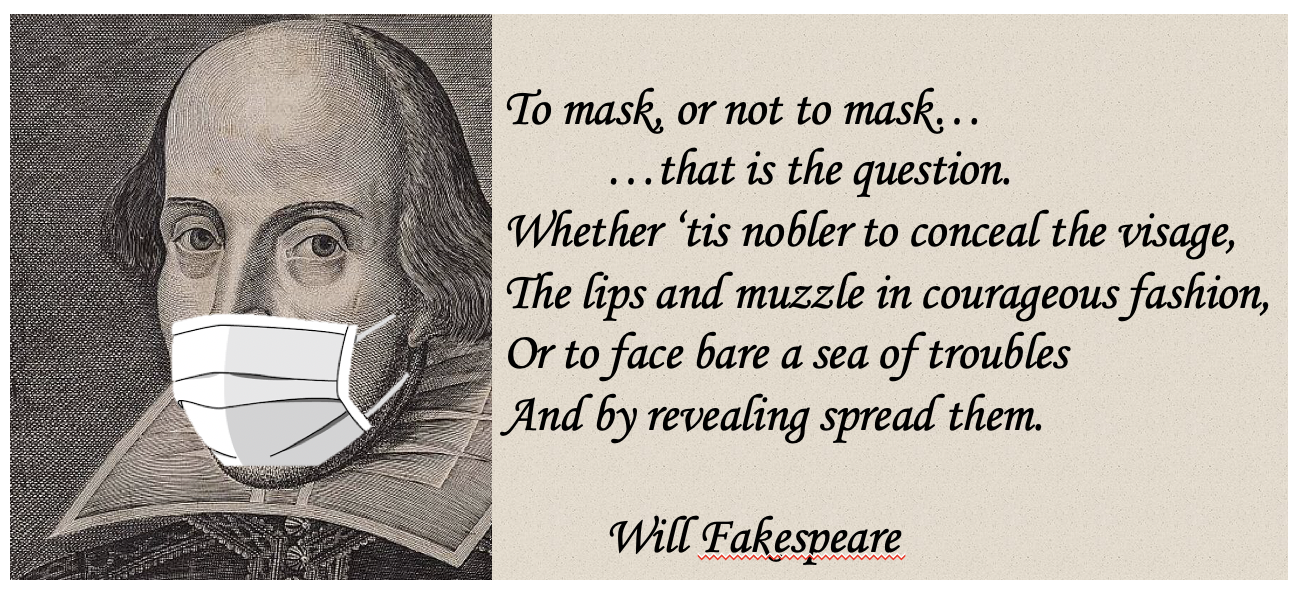To resign or not to resign? That’s not quite Hamlet’s question. But it’s close.
In New York, the governor resigned in disgrace, while Californians are trying to kick our governor out of office. New York’s Andrew Cuomo is accused of sexual harassment, fudging the numbers during the pandemic, and other misdeeds. Cuomo said he would step aside so as not to be a distraction from the business of governing.
California’s governor, Gavin Newsom, is not accused of sexual harassment. But he is accused of mishandling the pandemic, being soft on crime, contributing to rising poverty, and so on. In California, there will be a special recall election.
It may seem obvious that if a leader misbehaves, he or she should step aside or be removed.
But Donald Trump and Bill Clinton provide counter-examples. Both clung to power, despite the sleaze and the impeachments. The Trump-Clinton model is one of pugnacious resistance. They teach us to fight the opposition, malign the accusers, and circle the wagons. In both cases, this strategy worked.
Bad guys who refuse to resign typically claim that they are defending their integrity and honor against false accusations. They are lying, of course. But once you are on the highway to hell, the cover-ups are par for the course.
For decent people, this is appalling. If the accusations are true, you should step aside. That’s what a good person would do. Of course, if you are a good person, there probably won’t be any accusations.
Cuomo’s resignation complicates this somewhat. He claims that the accusations against him are false. But he resigned anyway. He said, more or less, I’m not guilty but I’m resigning.
But isn’t that what a guilty person would say? We suspect that by stepping down, he is admitting guilt. That’s the way most people interpret Richard Nixon’s resignation. He said, “I am not a crook.” He resigned before he could be convicted for his “dirty tricks.”
A good rule of thumb is that when scandals get in the way of your job, it is time to go. For most jobs, even governor or president, there are lots of competent people who could do them. If you are plagued by accusations of wrongdoing (whether true or false), you should get out of the way and let someone else take over. Once your leadership becomes a liability, step aside in the name of the common good.
But we cling to our jobs. Sometimes this is malicious. Lascivious scout masters and pedophile priests hang on to their positions. In other cases, people feel entitled to the prestige they have earned. They want to hold on to the money and the status, come hell or high water.
Furthermore, political leadership in a democracy is connected to the will of the people. Newsom won the 2018 election by a 24-point margin. It would seem undemocratic for him to resign. This would subvert the will of the majority who voted for him. And since we have a recall procedure in our state Constitution, this is the most democratic way to proceed.
Of course, Trump supporters made a similar point about Trump during his impeachments — that impeachment was like spitting in the eye of those who voted for Trump. And so it goes. The democracy trump card can be played by anyone.
All of this is exacerbated by polarization and distrust. When our guy (or gal) is in office, we circle the wagons. When the other party is in control, we go on the attack. Our political life can appear to be a game of partisan “gotcha.”
But there are cases when ethics rises above politics. A few Republicans have refused to circle their wagons around Trump. And in Cuomo’s case, his own party turned against him.
This points toward the solution. Hamlet felt himself to be alone in the world. But American politicians are not alone. Their power is the result of a social process. It involves parties, donors and voters.
In the long run, what matters is the truth and the common good. The hyperpartisans on the barricades will be remembered as hypocrites and sycophants. Those who pursue truth, justice, and the common good are the heroes of democracy.


